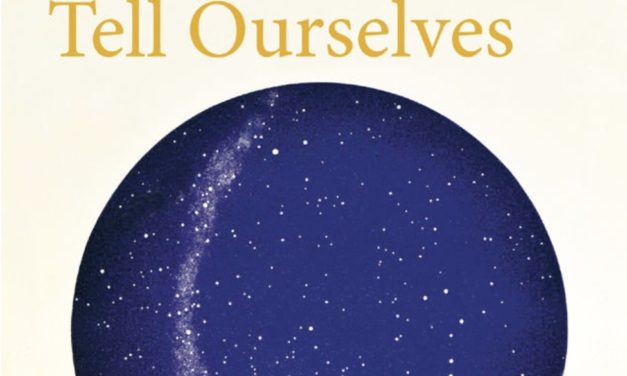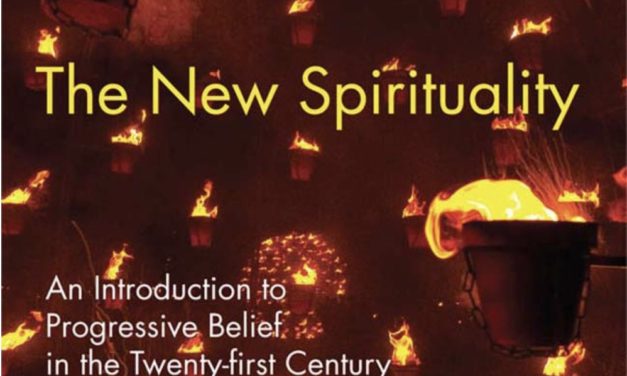Personal Knowledge: Towards a Post-Critical Philosophy
This study, first published in 1958, offers Michael Polanyis’ epistemological insights. Polanyi, originally a chemist and chemical physicist, is widely acclaimed for his epistemology which opposes the prevailing positivist approaches. His discussion of tacit knowledge has proved to be influential in many fields from theology to artificial intelligence. This text represnts a contribution to 20th-century thought, and continues to make valuable insights to our understanding of how knowledge functions.
Read More





